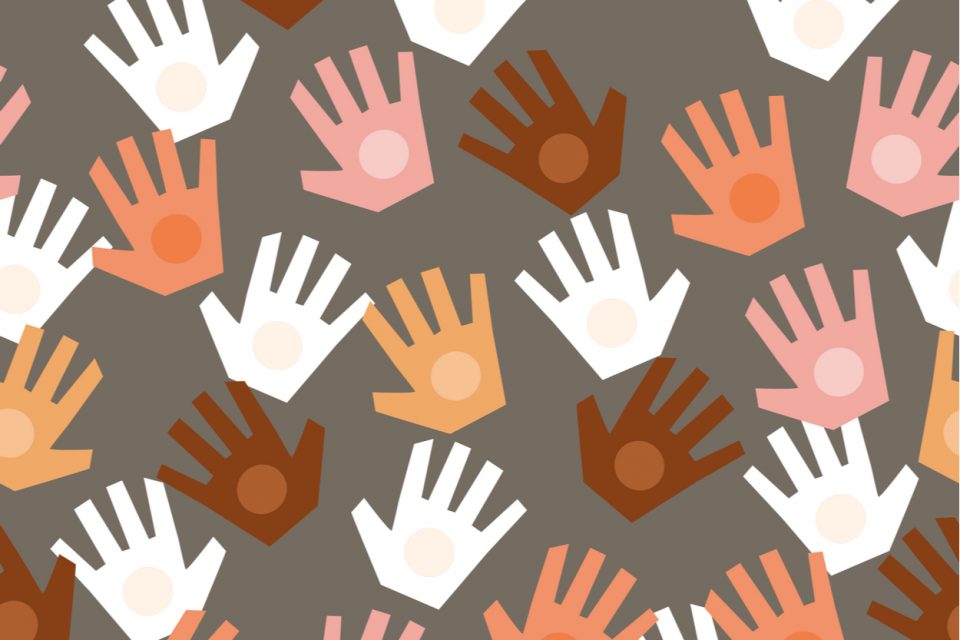Racism, or prejudice based on race or ethnicity, is a major role in the development of disease. It’s also to blame for growing physical and mental health disparities among Black, Indigenous, and people of color (BIPOC). This article examines how racism can influence one’s health, how one can live a healthy life while dealing with racism, and how socioeconomic circumstances linked to racism can continue to put one’s physical and mental health in danger.
Mental Health:
The meta-analysis from 2015
According to Trusted Source, racism has double the impact on mental health as it does on physical health. BIPOC who reported racist experiences also had the following mental health concerns, according to the researchers:
-depression
-stress
-emotional anguish
-anxiety
-PTSD (post-traumatic stress disorder) is a type of anxiety illness that (PTSD)
thoughts of suicide
Significant links between racial discrimination and depression and anxiety were also discovered in a 2011 meta-analysis of studies on racism and mental health among Asian Americans.
Fear of racism, according to a 2018 study, is damaging in and of itself, and can sabotage good intentions.
How to live a healthy lifestyle while dealing with racism
BIPOC should not bear the brunt of the racism burden alone. To minimise discrimination, everyone must address structural disadvantage, socioeconomic deprivation, and institutionalised racism.
However, there is evidence that certain characteristics can help people cope with the detrimental physical and mental repercussions of racism.
Talk to others about your racist encounters:
Many studies have found that talking about racist experiences, rather than keeping them bottled up, can help a person manage stress, anger, and resentment.
Strengthen your sense of racial identity: BIPOC who felt passionately about their racial identity were less likely to be troubled by racism and less likely to be physically or emotionally affected by it, according to studies on racism and its impacts on mental health.
As a result, having a strong sense of ethnic or racial identity can serve to mitigate or mitigate the effects of prejudice. However, study in this field must continue because the findings are still restricted.
Lean on friends and family:
Having a network of people to talk to for support, advice, and comfort can help people cope with racial discrimination. It can encourage a sense of security and identity and reduce negative thoughts and feelings.


